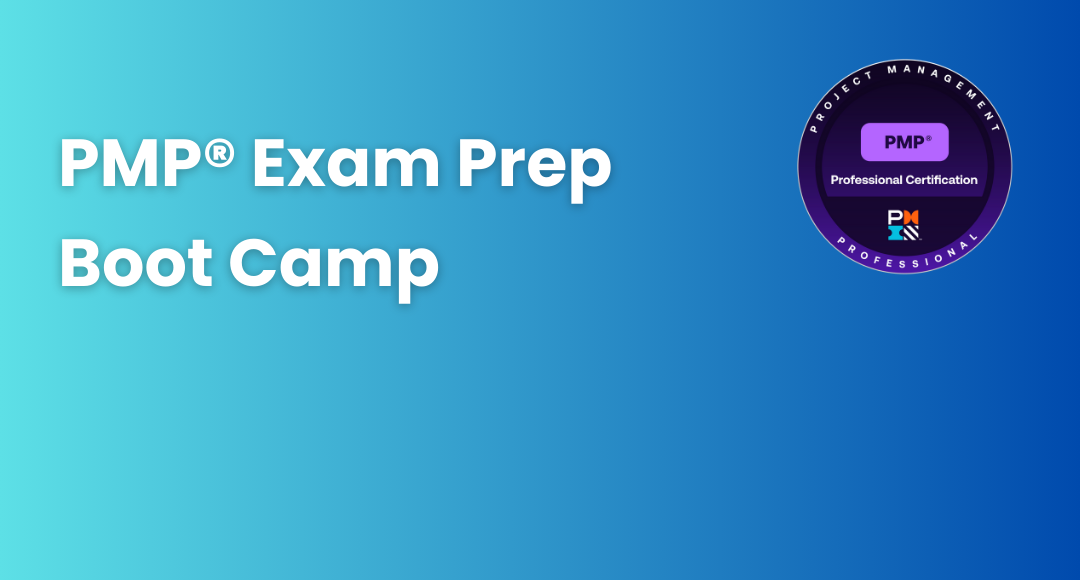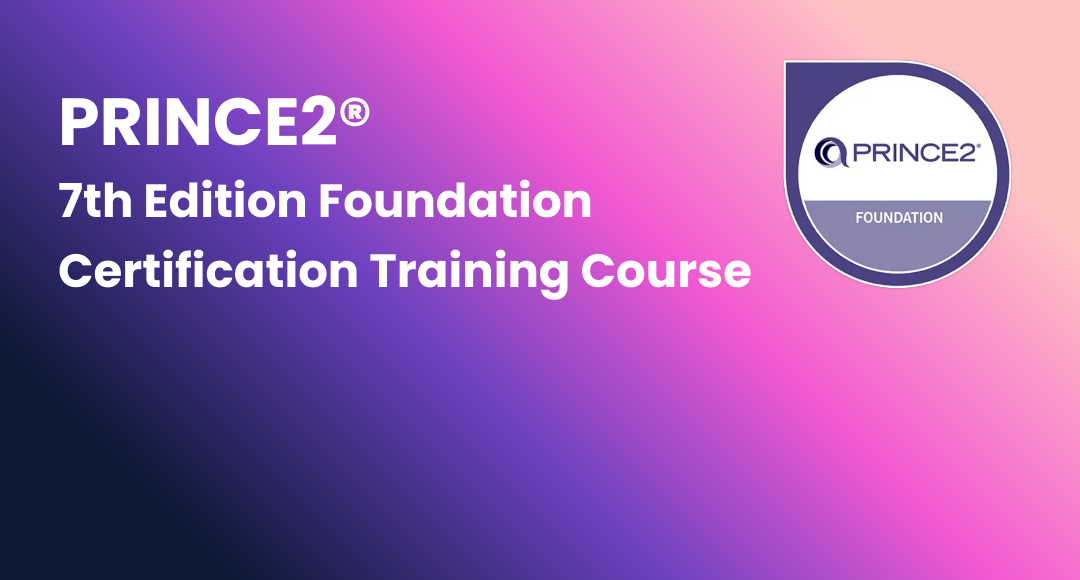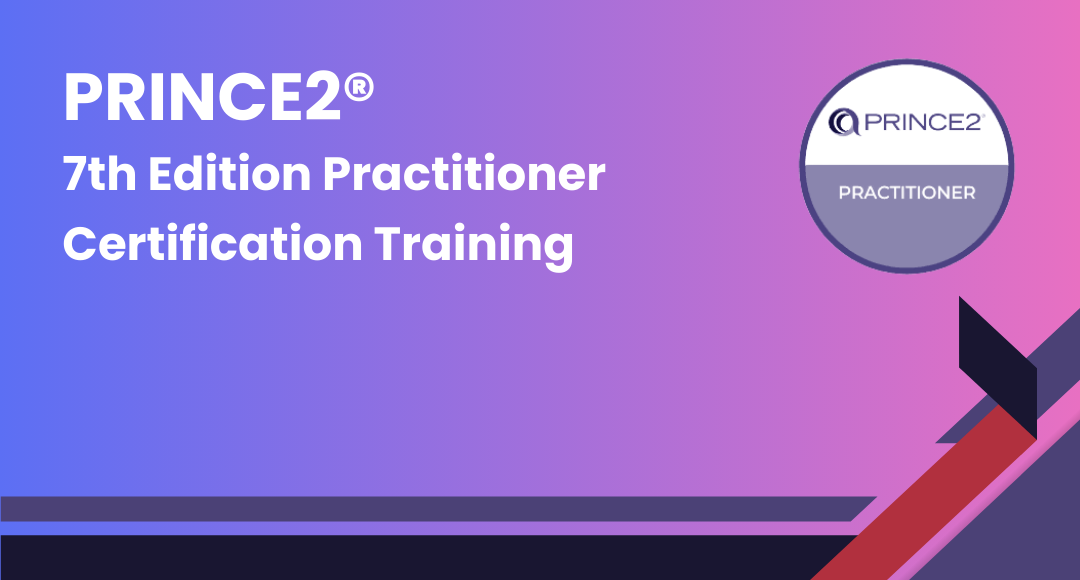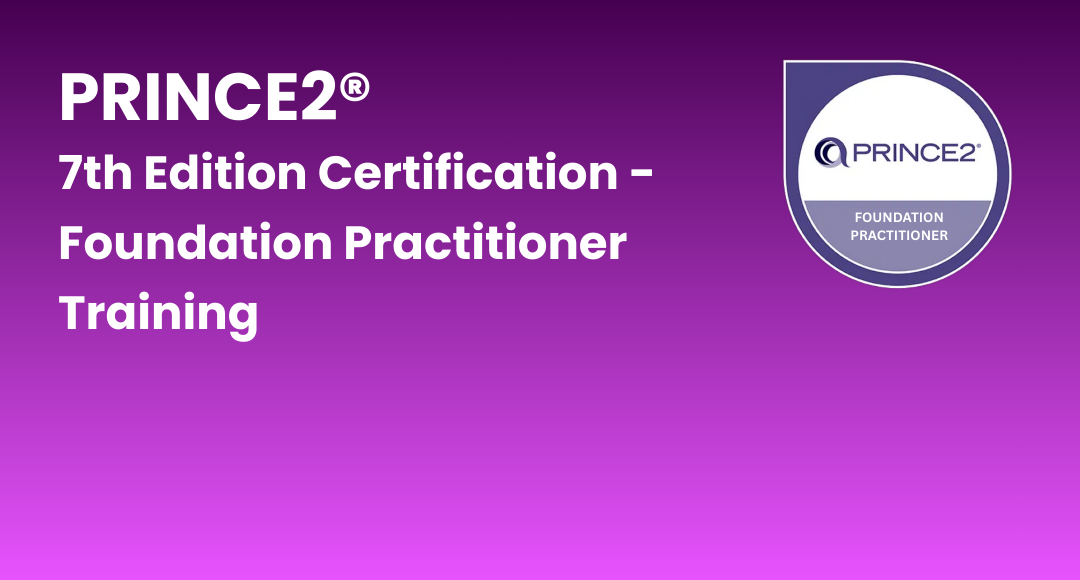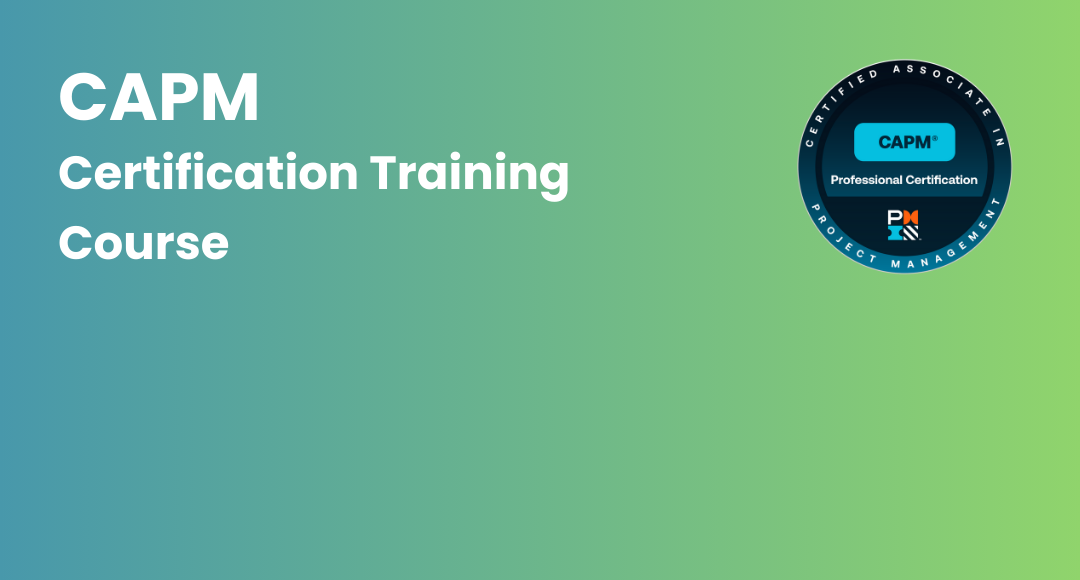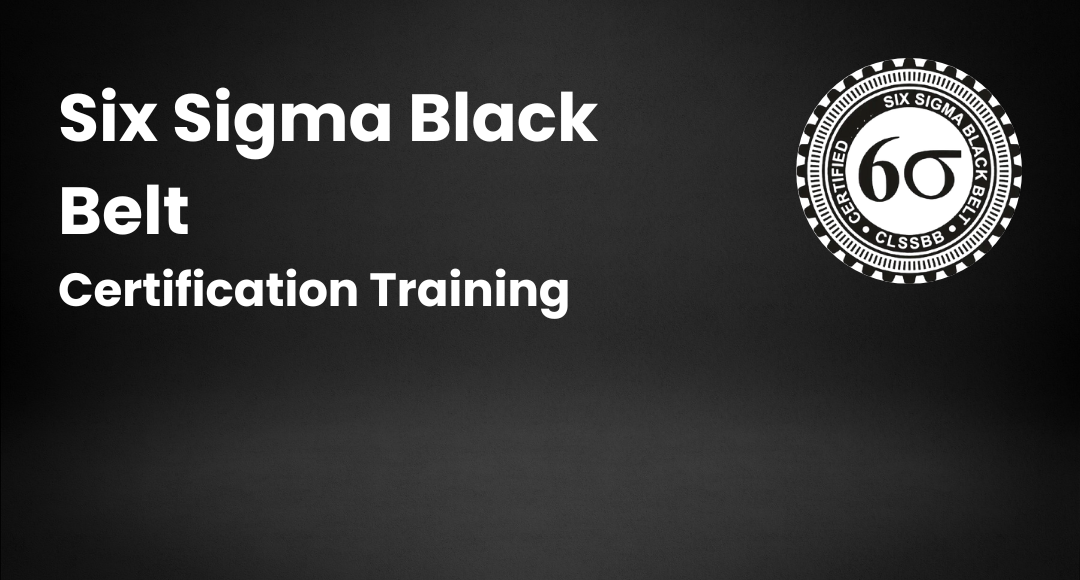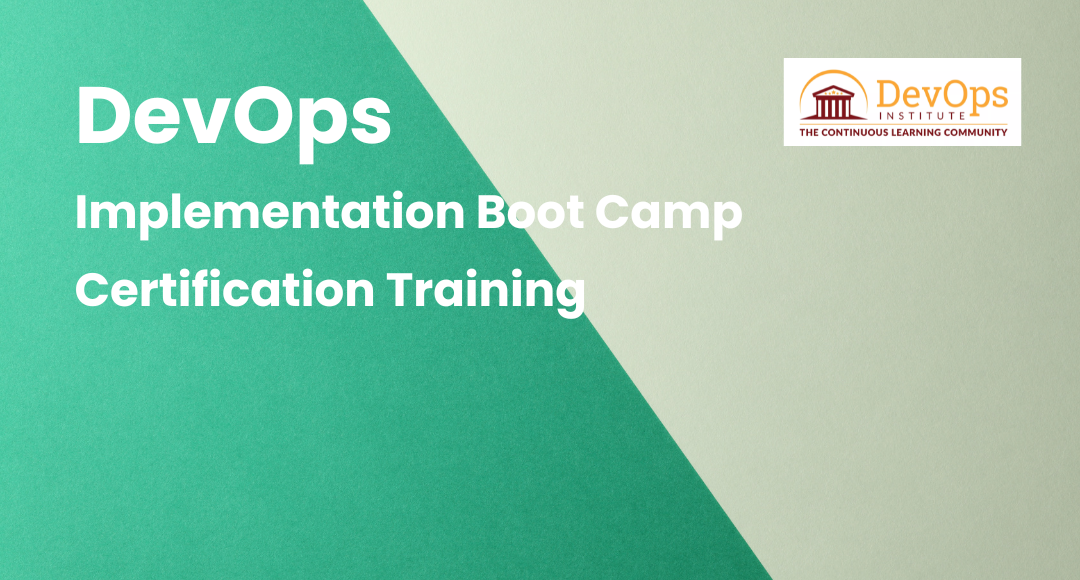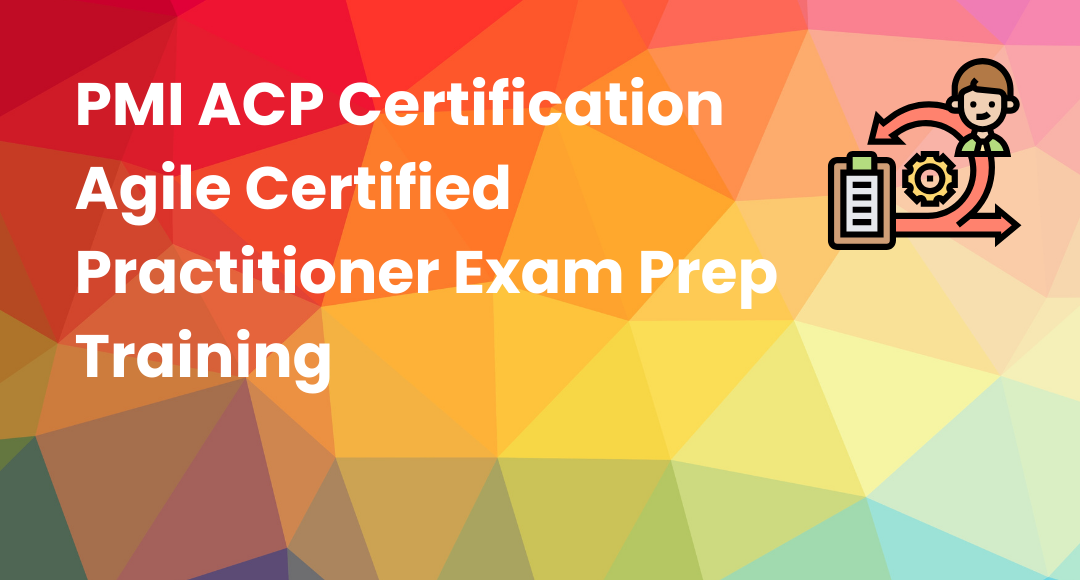Education Loan—Your Key To Studying Abroad
-
 By Sprintzeal
By Sprintzeal
- Published on Jun 24 2025

The dream of studying abroad is a powerful one. But like someone said, big dreams come with big responsibilities. And education is not free of cost anywhere on the planet. With the rise in quality of education, so is the cost of the education. This gives rise to the rise in Education Loans and other financing options.
Student study loans and education loans are a very positive thing in the current environment where loans build the economy of the country and students build the future.
An education loan is a sum of money borrowed specifically to fund your higher education. Such financial packages are designed to support your entire academic life. Some include housing, food, travel, and health insurance, while some only offer the tuition fee and other basic expenses.
However, such a thing requires a great level of financial commitment. But overall, this is strategic for your higher education and all your big career dreams. In this article, we will learn the process, break down complex financial terms, and give you detailed insights needed to understand everything about student loans.
Table of Contents
- The Essential Pre-Loan Checklist
- Your 5-Step Guide to Applying for a Loan
- Not All Loans Are Created Equal: Understanding the Types
- The Power of a Cosigner
- Interest Rates: Fixed vs. Floating
- The Loan Lenders
- Your Options and Strategies for Repayment
- Top Private Lenders for International Students
- Alternative Ways to Fund Your Education
- Countries with Tuition-Free Education
- Final Thoughts
- FAQ
The Essential Pre-Loan Checklist
Before you even think about filling out your application, there’s one thing you really need to do first: plan. It might seem boring, but trust me, spending a bit of time on this now will save you so much headache later. Here’s the deal: these five steps are going to make sure you don’t miss anything important.
Figure Out Exactly How Much You Need (The Cost of Attendance)
Okay, the first big mistake a lot of students make is thinking the loan is just for tuition. But here’s the thing: tuition is just one part of the equation. You need to look at the entire cost of your time abroad. So grab a notebook (or, you know, your phone) and start jotting down everything you’ll need:
- Tuition & University Fees:
Obviously, this is your starting point. It’s the cost of your program, but also make sure to check all other fees too
- Accommodation:
Dorm rooms and apartments are the things that decide your biggest monthly expense.
- Living Expenses:
Things like food, utilities (electricity, internet), and little stuff like phone plans, toiletries, etc. They add up quickly!
- Travel Costs:
Don’t forget the cost of flying to your new school and getting around once you’re there (bus passes, subway cards, etc.).
- Books and Supplies:
Textbooks are expensive, and software or any other required materials can really add up, so keep track of that.
- Health Insurance:
Many countries require international students to have health coverage, so make sure you’ve got that in your budget.
- Visa Application Fees:
You’ve got to pay for the visa too. Don’t skip over this one—it’s easy to forget, but those fees can be steep.
- Emergency Fund:
Always have a little extra money tucked away for the unexpected—whether that’s a medical emergency or something random that pops up.
Once you have all these numbers calculated, you’ll have a clear idea of exactly how much you need to borrow. Don't forget to think about interest. It's better to factor this in now than regret it later.
How a Student Loan benefits Your Journey
1. Accessing Elite Learning Institutions:
The foremost benefit of getting an education loan is that it allows the applicants to get access to colleges and institutions that otherwise would have been financially unsustainable for them. For many applicants, an education loan allows them to get an education from prestigious institutions that might otherwise be financially out of reach.
2. Flexible Repayment Options:
Student Loans offer a grace period for repayment of the loan, which lasts from the day of distribution to 6-12 months after the candidate has completed their course. This allows the applicant to have ample time to repay the amount. which in turn allows them to focus on their education and on securing a job before they start to worry about repaying the loan. Education Loans offer various flexible options to repay the loan, which are tailored to your financial status.
3. Preservation of Family Savings:
Education Loans allow families to preserve their earnings and assets for future needs and emergencies, as by getting a loan, families don’t have to dip into their savings or sell their family assets to fund the education fees.
4. Complete Coverage:
Education Loans typically offer comprehensive coverage of all education-related expenses. This includes costs such as education fees, accommodation charges, travel, and overall welfare of the student. This allows the the applicant to solely focus on their education.
5. Low-Interest Rates:
Education loans often come with low interest rates. Many government schemes also offer subsidies on interest rates for students from economically weaker sections, thus further reducing the financial burden on the student.
Your 5-Step Guide to Applying for a Loan
1. Check Your Eligibility:
The first step of applying for a loan involves the applicant checking education loan eligibility. This eligibility will determine whether your loan request gets sanctioned or not. Who is eligible for a student educational loan is determined by course, nationality, and several other factors.
2. Choose Your Lender:
After checking your eligibility, the next step is choosing the lender. It is vital that while choosing, the candidate consider various factors such as interest rates, repayment options, and other benefits offered by the lender.
3. Submitting Documents:
The candidate then must submit their documents for verification to the student loan lenders. These documents include Proof of Identity, proof of Residence, passport, 10th and 12th results, entrance exam results through which admission has been secured, offer letter or Admission Letter from the applied University,2 Passport-size Photographs as well as last 1-year Account Statement if any previous loan from other Banks or Lenders
4. Submit the Application:
After choosing the lender and organizing the documents, the next step in acquiring a student loan is submitting your application with the relevant documents.
5. Read the terms of the loan:
After the loan is approved, the applicant must read the terms of the loan, such as interest rate and terms of repayment.
6. Loan Distribution:
After the agreement is signed, the loan amount will be disbursed to the applicant's college or bank account as per the pre-signed agreement.
Not All Loans Are Created Equal: Understanding the Types
Types of Student loans
1. Education Loans Based on Location:
Domestic Education Loan is a type of education loan for applicants who want to pursue education in the country in which they reside whereas a study abroad education loan is a loan meant for applicants who want to pursue their education in universities abroad.
2. Education Loans Based on the Collaterals:
- Loan Against security- Education loan against deposits can be availed
- Loan Against Property - An education loan against property such as a house, flat, or land can be availed by the applicant.
- Loan Against Securities - An education loan against security can be availed. These securities include bonds, equity shares, etc.
- Third-Party Guarantee - An education loan against a third-party guarantee can be availed by the applicant . This third party can be relative, or friend
3. Career Education loan:
Tailored for professionals who want to improve their job skills and career prospects by attending national or international institutes as well as loans for undergraduate as well as postgraduate loans for aspiring students.
Many loan providers require a cosigner as a criteria to fulfill before leaning out the funds. The role of the coasier is vital in acquiring the student loan.
The Power of a Cosigner
Co-signers are required when a student applies for a loan in a foreign country as international students often cannot prove their creditworthiness. Having a co-signer helps reduce the lender's risk and the interest rates for the borrowers There are various reasons why having a cosigner is beneficial
- Improved chances: Many lenders are more likely to approve a loan when there is a cosigner, as having one eliminates the lender's risk.
- Better loan terms: A co-signer with a good credit history can aid in securing a lower interest rates, a higher loan amount, and favourable repayment schedules.
- Access to larger loan amounts: With a co-signer, lenders may be more willing to approve larger student loans.
- Building credit history: A loan with a co-signer can help students build a credit history as having a cosigner ensures that the loan is repaid on time which helps in improving credit score.
A co-signer should have a good financial background and credit history. Along with this there are several criteria that the cosigner should meet.
- Credit score: The co-signer should have a good credit score and financial stability.
- Ability to repay the loan: A co-signer should have the financial capacity to repay the loan.
- Citizenship status: Many lenders require that the co-signer be a citizen or permanent resident of the country in which the loan is taken.
There are two categories of cosigners:
- Primary Co-Signer
The term primary co-signer generally refers to the person who takes on the responsibility of the loan alongside the student. Students often choose their parents as primary co-signers.
- Financial Co-Signer
A financial co-signer, connected to the loan applicant by blood, can include first cousins, siblings, paternal or maternal uncles, and aunts. A financial co-signer comes into the picture when the student’s primary co-signer doesn’t have a stable income.
Interest Rates: Fixed vs. Floating
- Fixed Interest Rate:
In this type, the interest rate remains constant throughout the loan tenure, providing the borrower with predictable monthly payments. This is suitable for those who prefer stability and want to plan their finances accordingly.
- Floating Interest Rate:
In this type, the interest rate varies according to the market conditions and changes in the reference rate.
Factors that Affect Student Loan Interest Rates:
The interest rate at which the loan can be sanctioned to you depends on various aspects. Let’s look at a few of them listed below.
- Credit Score
A higher credit score means a lower risk, which in turn ensures that the candidate gets a lower interest rate on their loan. Thus, maintaining a good credit score helps candidates get better and lower interest rates on their loans.
- Co-applicant's Credit Profile
If the candidate has a co-applicant or a cosigner with a good credit score and stable income, it can help the loan applicant secure a lower interest rate.
- Collateral
Providing collateral can prove reliability and aid in getting a lower interest rate. Collateral can be in the form of property, fixed deposits, or any other valuable asset.
- Loan Amount
Higher loan amounts typically attract higher interest rates due to the increased risk associated with lending larger sums.
- Country and Course of Study
The interest rate may also vary depending on the country and the course of study, as some lenders categorise universities and courses on high and low risk and fix the interest rate based on that.
- Existing Relationship with the Lender
If you or your family have a strong existing relationship with the lender, it can help you negotiate better interest rates on your education loan.
The Loan Lenders
- Public Banks
Public Banks offer competitive interest rates on study abroad education loans. These interest rates depend on the credit profile of the borrower and the loan amount. Public banks provide the lowest interest rate for an education loan abroad
- Private Banks
Private sector banks offer private student loans for studying abroad. The interest rates depend on the bank and the borrower's credit profile. Private banks offer quick paperwork reductions as well as a pre-approved loan, along with a customer-centric approach. For example, you can get an Axis Bank education loan abroad without collateral if you are already a customer of Axis Bank and have maintained your account well.
- International Lenders
International lenders such as Prodigy Finance and MPower Financing cater specifically to international students. These lenders offer interest rates starting from 13% per annum, depending on the country of study, the borrower's credit profile, and the loan amount.
Your Options and Strategies for Repayment
Means to repay educational loan:
- Cash Repayment: This loan repayment option is highly used.
- Cheque/Demand Draft: Banks and lenders accept repayments through cheques or demand drafts.
- Online Transfers: With the advent of digital banking, the borrower can quickly repay the education loan online, no matter where they are.
- Automated EMI Payments: This is the most convenient method of loan repayment. Each month, a predefined amount is automatically deducted from the applicant's account and credited to the loan provider’s account.
Paying back the student loan is a huge responsibility for the applicant.
Easing the Burden of Your Student Loan
- Budgeting:
As students plan to seek higher education, especially in foreign countries, one of the most essential factors that comes into play during such situations is managing finance and developing a clear and lucid budget system. Budgeting is the first and foremost step you can make to ensure that all your savings and financial income are set to pay back the student loan. You can make use of online tools to aid you in estimating your monthly instalments based on interest rates and income. This, in turn, will help with your budgeting and help you pay back the student loan within the time frame
- Managing Student Loans During the Moratorium Phase:
Repayment of interest during the moratorium period, although it is not necessary, can help reduce the burden of repayment of the loan.
- Paying Simple Interest While Studying:
Paying simple interest while studying will help you minimise the overall interest accrued. Once you start repaying your loan in intervals, the principal amount reduces.
- Refinancing options:
Refinancing student loans can aid you in getting better interest rates and loan terms. Companies such as MPOWER Financing, Earnest as well and Sallie Mae offer loan refinancing options.
There are various sources through which international students can secure private loans for their education.
Top Private Lenders for International Students
There are several excellent sources through which international students can secure private loans for their education.
MPOWER Financing:
Think of MPOWER as a modern-day champion for international students. They're a top private lender that offers money for your studies without asking for a cosigner (that's someone else to guarantee your loan), any collateral (like property), or even a local credit history. Instead, they look at you – things like the university you've picked, when you're likely to finish, your academic performance (GPA), any work experience you have, and, most importantly, how much you're likely to earn once you graduate. It's all about your potential!
Prodigy Finance:
This is another big name in private student loans for students from all over the world. Just like MPOWER, Prodigy Finance doesn't usually need a cosigner or collateral. Their secret sauce is how they size you up: they focus on your future career path and how much money you could earn down the line. This clever approach helps students who might not get a traditional loan because they don't have a credit history or someone to sign with them. It really opens doors!
Sallie Mae:
Sallie Mae is a really well-known private student loan provider, especially in the US. If you're an international student looking at them, you'll generally need a creditworthy cosigner – someone with a good financial track record who is usually a US citizen or permanent resident and can back you up. The good news is they offer various ways to pay back your loan, like only paying the interest or a fixed amount each month while you're still in school. This can give you some breathing room!
Earnest:
Earnest is an online lender that's all about flexibility. They provide private loans for college and even options to refinance existing loans. They're known for giving students competitive interest rates and super flexible ways to pay back the money. This includes options where you can make just interest-only payments, or even skip a payment once a year if things get a bit tight (after you start paying regularly, of course!), and you can often tweak your repayment schedule.
Alternative Ways to Fund Your Education
Scholarships and Grants:
Honestly, this should be your first stop! Think of scholarships and grants as free money – seriously, you don't have to pay them back! They're given out for all sorts of reasons: if you're a whiz kid academically, have a knack for sports, or if you simply need some financial help. Since this money is a gift, using it to cover your education costs is hands-down the smartest financial move you can make. It directly cuts down what you owe later.
Getting a Job:
Landing a job while you're studying can be a huge help. Not only does it put some cash in your pocket to cover daily expenses, but it also gives you fantastic work experience that looks great on your resume. You might find opportunities right on campus or at places nearby. Working can also help you manage the interest on your loan while you're still hitting the books, easing that future burden.
If you're consistently earning high grades in popular courses like calculus, organic chemistry, or business fundamentals, you can sell study notes online through platforms that connect you with students in lower years or those struggling with the same material. This means your hours spent creating detailed lecture summaries and exam prep guides can generate passive income semester after semester, helping offset textbook costs or monthly living expenses.
Family Support:
The financial help you get from your family can play a truly vital role in covering your education costs. If your family can chip in, even a little, it can significantly cut down or even remove your need for loans altogether. This means less debt on your shoulders once you finish studying, which is a massive relief for your future finances.
Countries with Tuition-Free Education
1. Germany:
Germany has made itself known for being the destination for students seeking high-quality education without having the burden of paying high tuition fees. Many universities across Germany offer education with minimal fees for both domestic and international students. Germany is renowned for universities that rank among the top globally. It is the combination of this affordable, good education that makes Germany a great place to study for students.
2. Norway:
Many universities in Norway provide free higher education to all. This policy extends across all levels of higher learning in public universities and university colleges. By eliminating tuition fees, Norway follows the principle that financial constraints should not come in the way of quality education. The emphasis on research and innovation within Norwegian universities further enhances its appeal to international students.
3. Finland:
Finland is renowned for its high-quality education system, especially for its policy of free education for all students. Over the years, Finland has remained a sought-after destination due to continuous efforts by Finnish universities to mitigate the financial impact of education on international students.
4. Austria:
Austria remains a top choice for international students, offering free to low-cost education along with fee exemption for students belonging to developing nations.
5. Czech Republic:
The Czech Republic offers international students free higher education at its public institutions for all students, provided they undertake their studies in the Czech language. For international students who prefer or require education in English or other foreign languages, tuition fees are applicable. But they are generally affordable.
6. Sweden:
Although universities in Sweden do charge tuition fees to students but at the same time, the universities also invest in attracting talent through numerous scholarship opportunities.
7. Brazil:
The country offers a diverse and vibrant academic environment, a unique opportunity for international students seeking tuition-free higher education at its public universities. Once admitted, colleges offer a comprehensive, tuition-free education across a wide array of disciplines.
Final Thoughts
These days, whether you're looking at private companies or government programs, the money they offer isn't just for tuition. It's meant to help with all those other crucial bits too, like your daily living expenses and getting hold of all the study materials you'll need. However, it's super important for international students to really plan this out carefully and get a clear handle on all the details of the loan agreement. Why? Because you might face tougher approval rules, fewer loan options on the table, and sometimes, the interest rates can be a bit higher.
But here's the good news: Even with these hurdles, if you do your homework (that's proper research) and understand how money works (what we call financial literacy), international students are totally making smart choices and making these loans work brilliantly for them.
It's actually a pretty exciting time for this! Loads of banks, government initiatives, and private lenders are genuinely expanding what they offer to better support the growing number of students looking to learn worldwide. This means the path to getting that amazing global education is truly becoming more open and achievable for more people.
The desire to study in a different country is a dream close to the hearts of thousands of students all over. But let's be real, the total bill – for classes, a place to live, getting there, and just day-to-day life – can feel like a huge money obstacle. While what loans are available and their specific terms can change a lot (depending on where you want to go, who's lending the money, and your own situation), one thing stays crystal clear: being ready financially can absolutely make or break your academic adventure abroad.
FAQ
When to repay an education loan?
The exact day at which you should start repaying the loan depends on the terms of the loan but usually the repayment begins after a moratorium period. The moratorium period includes the course duration plus a grace period which is given to the student to find a job after graduating.
What proof is needed for education loan?
Identity proof (Voters ID/Aadhaar Card) as well as Residence proof (Driving license/ Passport) is needed.
How is a student loan paid?
Student Loan is paid in installment directly to your bank at the start of each term. The amount of installment you have to pay depends on the loan agreement which you have signed.
How soon should a student apply for an education loan?
A student should targeting to study abroad should begin the education loan application process 4-6 months before the course commencement date,. This allows the study time for applying processing and deployment of student loan.
Popular Programs
Trending Posts
Top 10 Certifications to Boost Your Career in 2026
Last updated on Feb 29 2024
8 Leading Energy Technology Trends to Watch in 2026
Last updated on Nov 26 2025
How Does Adverse Media Screening AI Improve Due Diligence in Finance?
Last updated on Jan 17 2025
Sprintzeal on COVID-19 Outbreak and Updates in Services.
Last updated on Mar 25 2020
CocoFinder Review: Conducting People Search Made Simple & Free
Last updated on Dec 9 2025
Top 5 Professional Career Courses to Consider after Graduation
Last updated on Apr 30 2025
Categories
- Other 81
- Agile Management 49
- Cloud Computing 58
- Project Management 175
- Data Science 70
- Business Management 89
- Digital Marketing 88
- IT Service Management 36
- Programming Language 61
- AI and Machine Learning 94
- IT Security 113
- Quality Management 78
- IT Hardware and Networking 27
- Microsoft Program 5
- Workplace Skill Building 15
- Risk Management 10
- Information Security 8
- Leadership and Management 10
- Corporate Training and Development 1
Trending Now
Growing Demand for Certified Professionals and the Importance of Certification
ArticleImportance and Necessity of Mobile Apps For Today's Businesses
ArticleSprintzeal's App And Web Learning System Is Taking Professional Training Experience To New Level
ArticleUnlimited Course Access
ArticleHalloween Special - Best Certification Courses in Just USD 10
Article7 Outstanding Benefits of E-learning for Busy Employees
ArticleCoronavirus Latest Update and News | Psychology behind coronavirus urgency
ArticleCoronavirus Outbreak – Invest in your Career and Spend time Being Productive
ArticleSprintzeal on COVID-19 Outbreak and Updates in Services.
ArticleBest cybersecurity certifications in 2026
ArticleIT Skills in Demand 2026
ArticleTop Jobs in 2026 - Explore Trending Career Options
ArticleTop Angular Interview Questions and Answers 2026
ArticleKafka Interview Questions and Answers 2026
ArticleTop 5 Professional Career Courses to Consider after Graduation
ArticleTop Trending Professional Certifications to Get in 2026
ArticleBest Certifications for Trending Jobs in 2026
ArticleIT Certifications List – Most Popular Certifications in 2026
ArticleTop Technology Trends in 2026
ArticleBest Paying Jobs in Technology
ArticleCertifications that Pay Well in 2026
ArticleTop 10 Certifications to Boost Your Career in 2026
ArticleGuide to Data Protection - Essentials and Best Practices
ArticleHow to Accept a Job Offer Like a Pro
Article5 P's of Job Hunting: The 5 Pillars of Job Hunting for Success
ArticleHow to Negotiate a Salary Offer: Your Path to Financial Success
ArticleSTAR Interview Method: How to Use It & Ace Interviews
ArticleLatest Software Developer Salary Trends - 2026
ArticleWhy is Sprintzeal Training the Right Choice for Your Career?
ArticleBoost Your Career Success in 2026 with These Top ISO Certifications
ArticleThe Downfall of Yahoo | Lessons to Learn
ArticleHow to Capitalize on Immediate Momentum in Trading
ArticleHow Does Adverse Media Screening AI Improve Due Diligence in Finance?
ArticleRitz-Carlton Gold Standard: The Secret Behind Luxury Hospitality
ArticleUpgrade Your Interior Design Company with the Right Tools
ArticleHow to Choose the Best Chaos Testing Tools?
ArticleCustomer Experience (CX): Definition, Importance, and Strategies for Success
ArticleTop 11 Highest Paying Jobs Globally 2026
ArticleWhat are QR Codes? Ways to Scan Them in 2026
ArticleDistance MBA from IGNOU: A Complete Guide with Financial Management Specialization
ArticleResearch Paper Writing Decoded:
ArticleMake the Most from Your Research Paper:
ArticleTop Travel Apps You Need for Your Next Trip in 2026
ArticleBeyond the Books: Why JEE Aspirants Should Consider Short-Term Certifications
ArticleMastering Business Leadership: How an MBA Shapes Your Future
ArticleThe Power of Research in Mastering Certification Course Materials
ArticleSteps to Take After an Occupational Illness Diagnosis
ArticleExploring 7 AI Therapist Platforms That Are Changing Mental Wellness in 2026
ArticleCocoFinder Review: Conducting People Search Made Simple & Free
ArticleTop 10 online schools and colleges for all your academic dreams
ArticleThis Isn’t Just for Celebrities: Why Regular People Are Turning to Reputation Help
ArticlePractical Tips to Avoid Plagiarism in Exam Prep and Professional Training
ArticleLatest NLP Interview Questions & Answers 2026 updated
ArticleTop Statistics Interview Questions to Help You Prepare
ArticleTop 5 Online Platforms for Getting TEFL Certified in 2026
ArticleHow Professional Certifications Improve Career Growth for Students and Young Professionals
ArticleTop 8 Apps for Efficient Business Communication and Certification Success
ArticleKoke AI Review: A Smarter Way to Manage Citations
ArticleFrom Policy to Practice: Building a Compliance eLearning Roadmap
ArticleThe Real Advantages of Studying at Private Universities Abroad
ArticleThe 3 Best Telehealth Video Conferencing Software for Secure Patient Consultations
ArticleThe 10 Best Online Photo Storage Platforms for Professional Image Archives
ArticleTop Master's in International Hospitality Management Programs
ArticleVoice-of-the-Customer (VoC) - And How it can Build Your Career.
Article8 Leading Energy Technology Trends to Watch in 2026
Article7 Culinary Business Schools Offering Global Industry Access
ArticleTop Caribbean Medical Schools for U.S. Residency Placements
ArticleUnderstanding Mobile Command Centers
ArticleMaking Smarter Decisions About Education
ArticleHigh-Paid Certifications That Employers Value
ArticleHow Financial Literacy Enhances Professional Credibility and Career Growth
ArticleHow a Paystub Generator Online Saves Time and Effort
ArticleHow to Get the Most Out of Your Web Hosting Service
ArticleChoosing the Right Photo Printer for Your Portrait Studio: DNP vs. Dye-Sub vs. Inkjet
ArticleHow eSIM and Virtual Phone Numbers Support Online Learning and Career Growth
ArticleWhy Digital Customer Success Is Key to Predictable Recurring Revenue
ArticleAre E-Signatures Safe for Personal Use?
ArticleHow Financial Literacy Should Be Part of Every College Curriculum
Article7 Telecom Expense Management Solutions for Large Companies
ArticleHow to Convert OST to PST when Outlook is not Opening?
Article